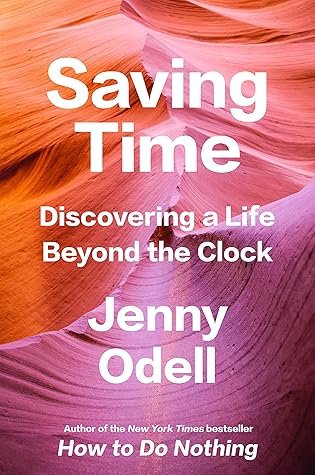With a sensibility similar to the social efficiency movement that codified school grades, early-twentieth-century reformers saw leisure time as both a risk and an opportunity to make citizens healthier and more useful. The National Commission on the Enrichment of Adult Life went so far as to suggest in 1932 that “what the American people do in their spare time henceforth will largely determine the character of our civilization.”
Welcome back. Just a moment while we sign you in to your Goodreads account.


